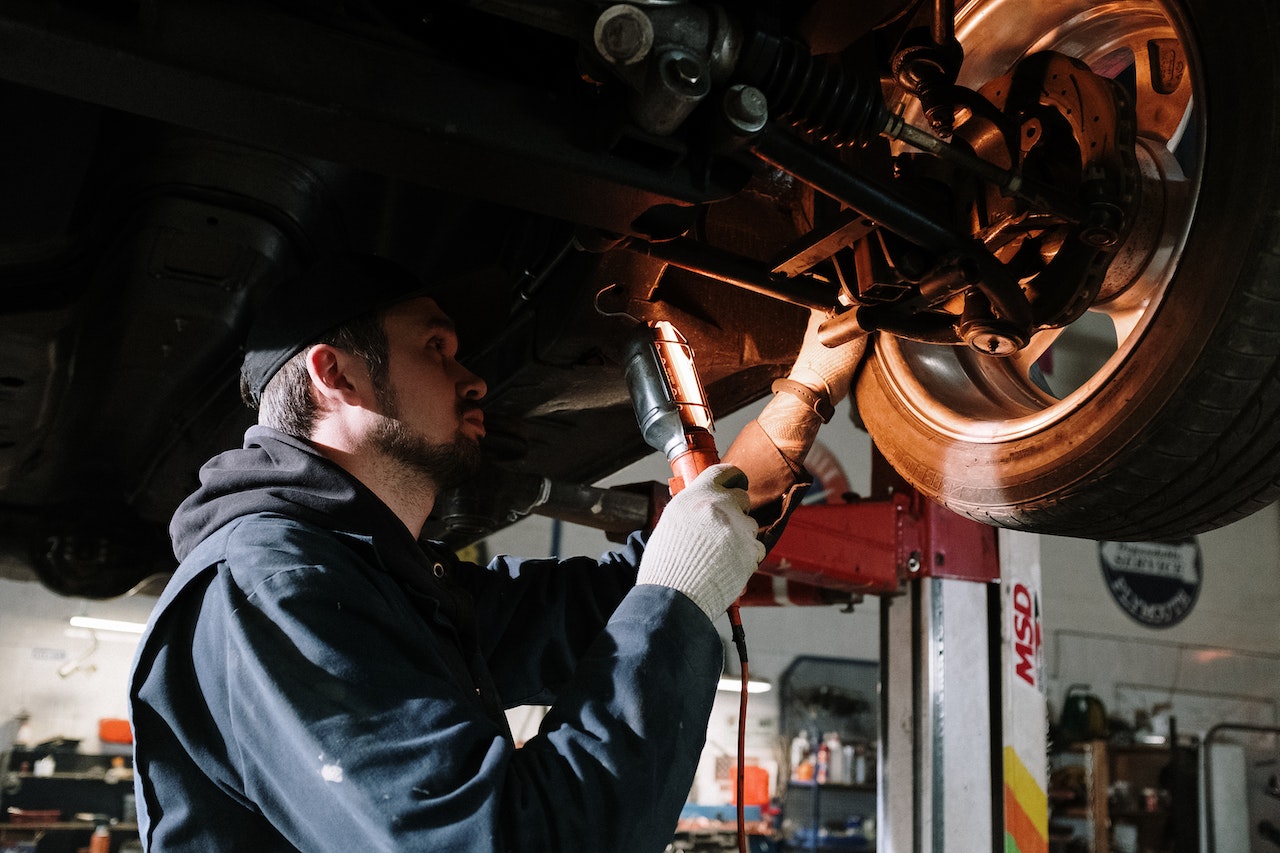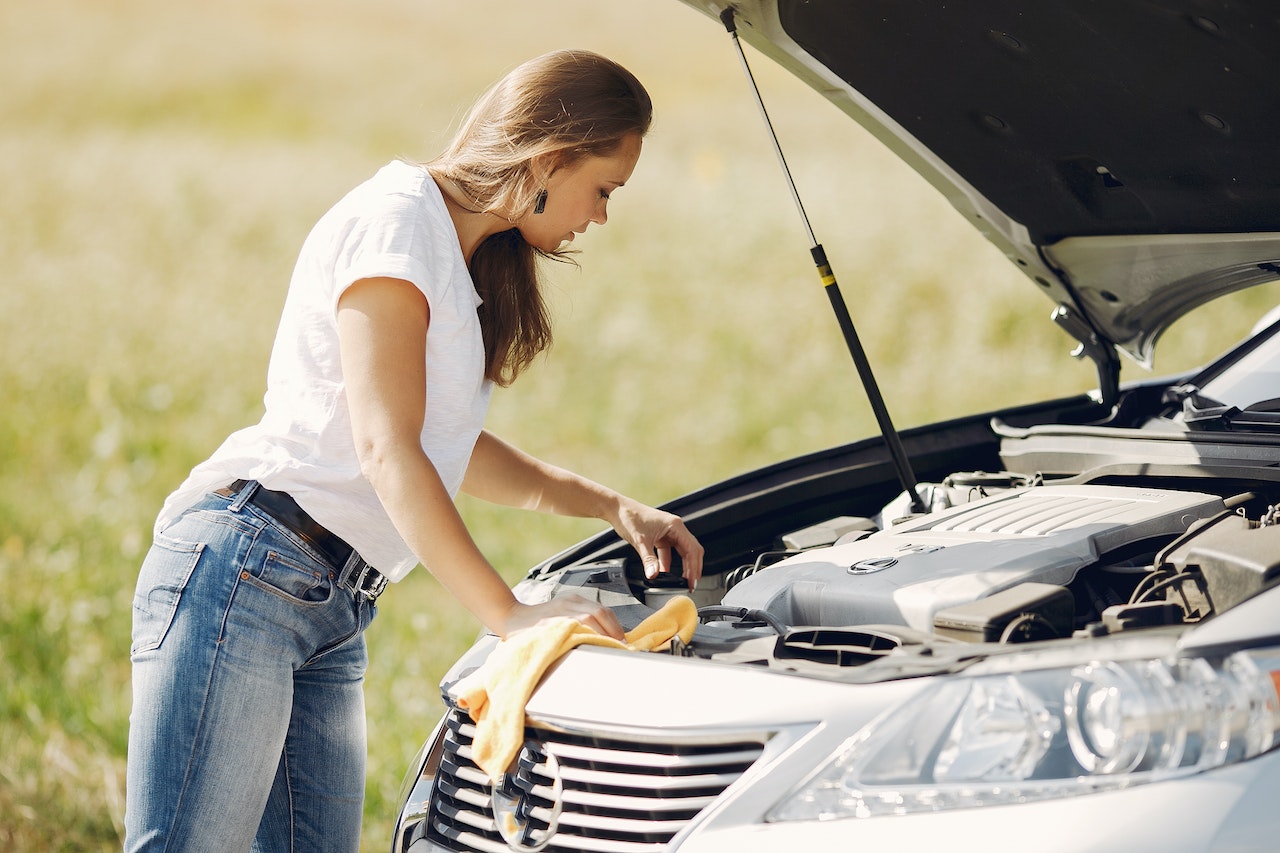Welcome, dear reader, to the grand spectacle of automotive ignorance! Today, we embark on a whimsical journey through the world of car suspensions, those marvelous pieces of engineering that you probably never think about until they start screaming for attention. But fear not! This guide is here to teach you the subtle art of completely disregarding those signs and pushing your vehicle (and your luck) to the absolute limit. Buckle up, it’s going to be a bumpy ride!
The Mysterious World of Car Suspensions
Before we dive into the cacophony of car troubles and theatrical performances your vehicle might be putting on, let’s take a moment to demystify the world of car suspensions. Consider this your brief interlude into the land of springs, shocks, and all things bouncy.
Understanding the Basics
At its core, a car’s suspension system is designed to maximize the friction between the tires and the road, providing steering stability and ensuring passenger comfort. It’s the unsung hero of your daily commutes, silently absorbing bumps and shocks, so you don’t have to. But like any good hero, it has its weaknesses.
The Main Culprits of Suspension Breakdowns:
- Wear and Tear: Just like your favorite pair of old sneakers, parts of the suspension system wear out over time. Those springs and shocks weren’t built to last forever, unfortunately.
- Potholes and Bumps: If your car had a nemesis, it would be potholes. Each unexpected encounter with these road menaces takes a toll on your suspension, one bump at a time.
- Accidents and Collisions: Even minor fender benders can have major impacts on your suspension. It’s like the car’s version of breaking a leg in a dramatic stage performance.
- Overloading: Just like you after Thanksgiving dinner, your car has a limit to what it can carry. Overloading your vehicle can lead to suspension damage, because let’s be honest, it wasn’t designed to be a pack mule.
- Lack of Maintenance: Ignoring your car’s cries for help? Skipping those routine check-ups? Well, my friend, you are practically rolling out the red carpet for suspension issues.
The Unseen Hero
Now that we’ve unveiled the mystery that is your car’s suspension system, it’s time to acknowledge its hard work. It battles potholes, carries your heavy loads, and puts up with your neglect, all while keeping your rides smooth and steady. So, the next time you hop into your car, take a moment to appreciate the unseen hero beneath you.
But of course, if you’d rather live on the edge and turn a blind eye to the signs of a failing suspension, who am I to judge?
Signs of a Failing Suspension
The Symphony of Squeaks and Moans
First on our list of “Things to Blatantly Ignore” is the sweet, sweet music of a failing suspension. If you start your day with a symphony of squeaks, groans, and moans every time you hit a bump, congratulations! Your car is trying to communicate with you in the only way it knows how: by sounding like a haunted house. But why bother checking it out? It’s probably just practicing for its audition on “America’s Got Talent.” Let the concert continue!
The Dips and Dives
Does your car feel like it’s auditioning for the next “Fast and Furious” movie, taking dips and dives like Vin Diesel dodging bad guys? If you’ve noticed that your car has developed a newfound love for dramatic entrances, dipping forward every time you hit the brakes, it might just be trying to impress you with its gymnastic skills. The suspension is supposed to keep your car stable, but hey, stability is so last season.
The Roller Coaster Ride
Remember the good old days when roller coasters were something you had to pay for at an amusement park? Well, not anymore! With a failing suspension, every drive can be a thrilling adventure. Feel your stomach drop as your car bounces over bumps and potholes, and enjoy the free ride. Who needs Six Flags when you’ve got a car with character?
The Uneven Tire Tread Wear
Now, let’s talk fashion. If your car’s tires are wearing down unevenly, it’s clearly just trying to start a new trend. Why should all four tires look the same, anyway? That’s so boring! Uneven tire wear is a classic sign of suspension issues, but it’s also a sign that your car is a trendsetter. Embrace the unevenness. Fashion waits for no one.
The Mysterious Drifting and Pulling
Ever find yourself gripping the steering wheel like you’re holding onto the last slice of pizza at a party? If your car is pulling or drifting to one side like it’s trying to escape your control, it might just be participating in its own version of “The Fast and the Furious: Drift Edition.” A failing suspension can cause alignment issues, but who needs alignment when you can live life in the fast lane, quite literally? Just imagine, every drive is a new adventure as you wrestle with your car for dominance. Talk about an adrenaline rush!
The Fluid Leaks and the Bouncing Checks
Suspensions have this quirky habit of leaking fluid when they’re feeling under the weather. But let’s face it, it’s probably just your car marking its territory like a proud lion. And when you press down on the hood of your car and it bounces back like a trampoline? That’s not a sign of a failing suspension; that’s a built-in amusement park feature! Who needs a gym membership when you can have a bounce session right in your driveway?
The Shocking Revelations
Shock absorbers are the unsung heroes of the suspension world, tirelessly working to ensure that your ride is as smooth as possible. But when they start to fail, they make sure to go out with a bang – quite literally. If you hear a banging or clunking noise every time you hit a bump, your shock absorbers are just trying to join in on the car’s symphony from earlier. They’re not failing; they’re just musically inclined.
The Sinking Feeling
Is your car starting to look like it’s trying to morph into a lowrider? A failing suspension can cause the car to sit lower on one corner. But hey, maybe your car is just trying to be hip and trendy. Lowriders are cool, right? Plus, it’s like getting a custom car modification for free. Who wouldn’t want that?
The Nervous Steering Wheel
If your steering wheel starts to shake and quiver like it’s had one too many coffees, it could be a sign of suspension trouble. Or maybe your car is just as excited to be on the road as you are. It’s not a problem; it’s enthusiasm!
Conclusion
Your car’s suspension is a whimsical creature, full of quirks and idiosyncrasies, just begging to be ignored. So the next time your car starts making strange noises, bouncing like a kangaroo, or trying to steer you into oncoming traffic, just remember: it’s all part of the grand adventure that is owning a car. Happy driving, and may your suspension live long and prosper (or at least until the next pothole)!
Pro Maintenance Tips for the Reluctant Hero
Congratulations! You’ve made it to the end of our thrilling saga on suspension neglect. But wait, there’s a twist in the plot! Perhaps, deep down, a small part of you is contemplating a heroic turn of events, considering the radical notion of actually caring for your vehicle. Fear not, for I’ve got you covered. Here are some pro maintenance tips for those moments of weakness when you decide to be the hero your car deserves:
- Listen and Learn: Start by actually listening to your car. Those squeaks and moans are not just there for your entertainment — they’re a cry for help. Pay attention, take notes, and for the love of all things automotive, consider checking out any strange noises sooner rather than later.
- Regular Check-ups are Your Friend: Like any good relationship, your car needs regular check-ups to ensure everything is running smoothly. Don’t wait for the dramatic finale — take your car to a professional mechanic for routine maintenance and inspections.
- Embrace the Bounce Test: If you suspect your suspension is failing, give your car a good bounce. Push down on the front of the vehicle with all your might, then release. If the car bounces more than twice, it’s time to see a mechanic. Think of it as a physical fitness test for your car.
- Keep an Eye on the Tires: Uneven tire wear is a major red flag. Regularly inspect your tires for signs of uneven wear and make sure they are properly inflated. Your tires are the only part of your car that actually touch the road, so treat them with the respect they deserve.
- Don’t Ignore the Little Things: Small issues can quickly turn into major problems if left unchecked. Pay attention to the little things and address them promptly. Your future self (and your wallet) will thank you.
- Educate Yourself: Take some time to actually learn about your vehicle and its suspension system. A little bit of knowledge can go a long way in preventing major issues down the road. Plus, you’ll sound really impressive at parties.
- Create a Maintenance Schedule (and Stick to It): Get organized and create a maintenance schedule for your vehicle. Regular oil changes, tire rotations, and inspections can add years to your car’s life and save you money in the long run.
- Know When to Say Goodbye: Sometimes, the most heroic thing you can do is know when to let go. If your car is costing more to repair than it’s actually worth, it might be time to say your goodbyes and invest in a new vehicle.
Frequently Asked Questions: The Suspenseful World of Suspensions
While we’ve had a good laugh about it, in reality, ignoring strange noises from your car is like ignoring a pot of boiling water. Sooner or later, it’s going to spill over and create a mess. It’s always best to check out any unusual sounds as soon as possible to prevent bigger issues down the road.
Yes, think of it like going to the doctor for a regular check-up. You might feel fine, but it’s always good to catch potential issues before they become major problems. Plus, regular maintenance can actually extend the life of your car and save you money.
Some common signs include uneven tire wear, strange noises, a bumpy ride, and your car pulling to one side. If you notice any of these symptoms, it’s time to see a mechanic.
While you don’t need to become a car mechanic overnight, having a basic understanding of how your car works, including the suspension system, can help you make informed decisions about maintenance and repairs.
Some basic checks and maintenance tasks can be done at home if you have the right tools and knowledge. However, suspension systems can be complex, and some repairs should be left to the professionals to ensure everything is done safely and correctly.
It depends on your car’s make and model, driving conditions, and how well you maintain your vehicle. Consult your car’s manual and a trusted mechanic to create a maintenance schedule that works for you.
Some bouncing is normal, but excessive bouncing or a feeling of instability could be a sign of suspension issues. If in doubt, have a mechanic check it out.
Costs can vary widely depending on the make and model of your car, the extent of the damage, and labor costs in your area. For an accurate estimate, consult with a trusted mechanic.
Driving with a failing suspension system can be dangerous as it affects the car’s stability and handling. If you suspect your suspension is failing, it’s best to get it checked out as soon as possible.
Ignoring suspension issues can lead to decreased vehicle stability, increased wear and tear on other parts of the car, and ultimately, a higher risk of accidents. It’s not worth the risk — get it checked out!



